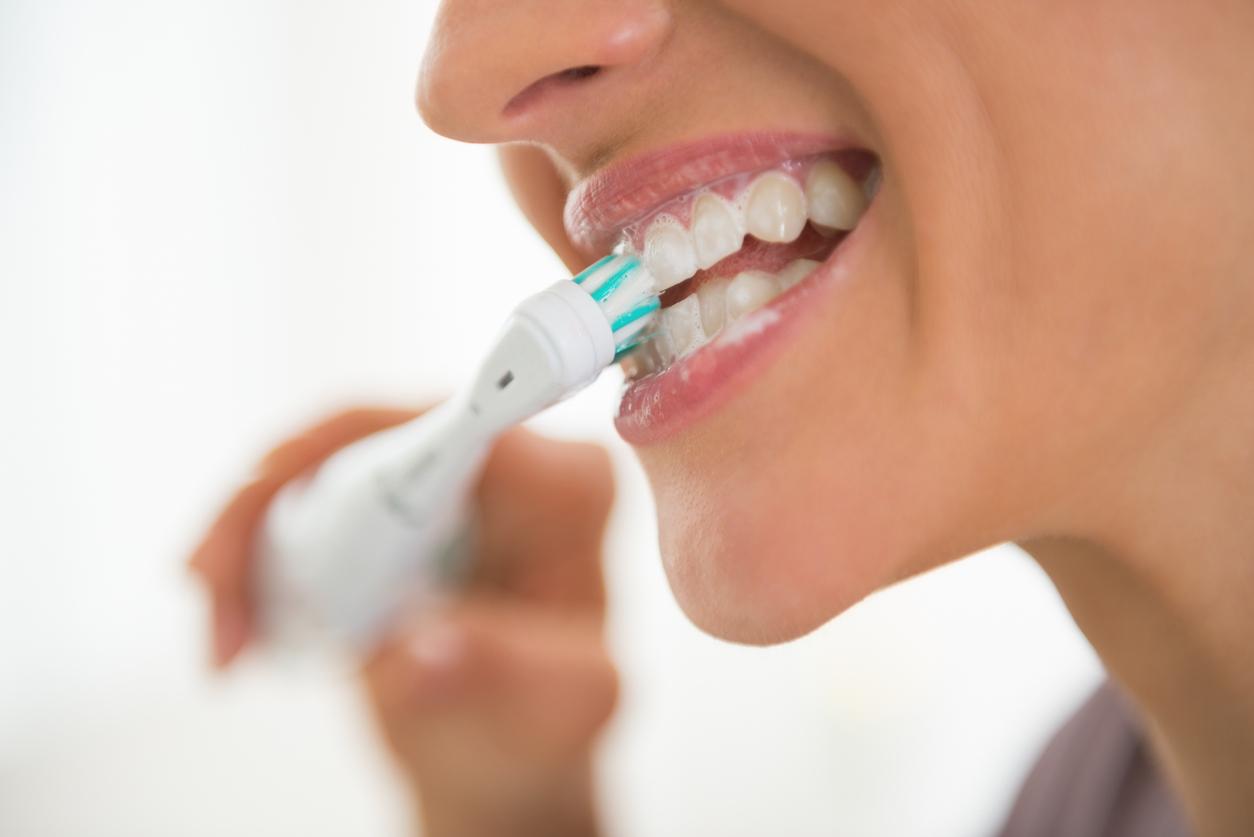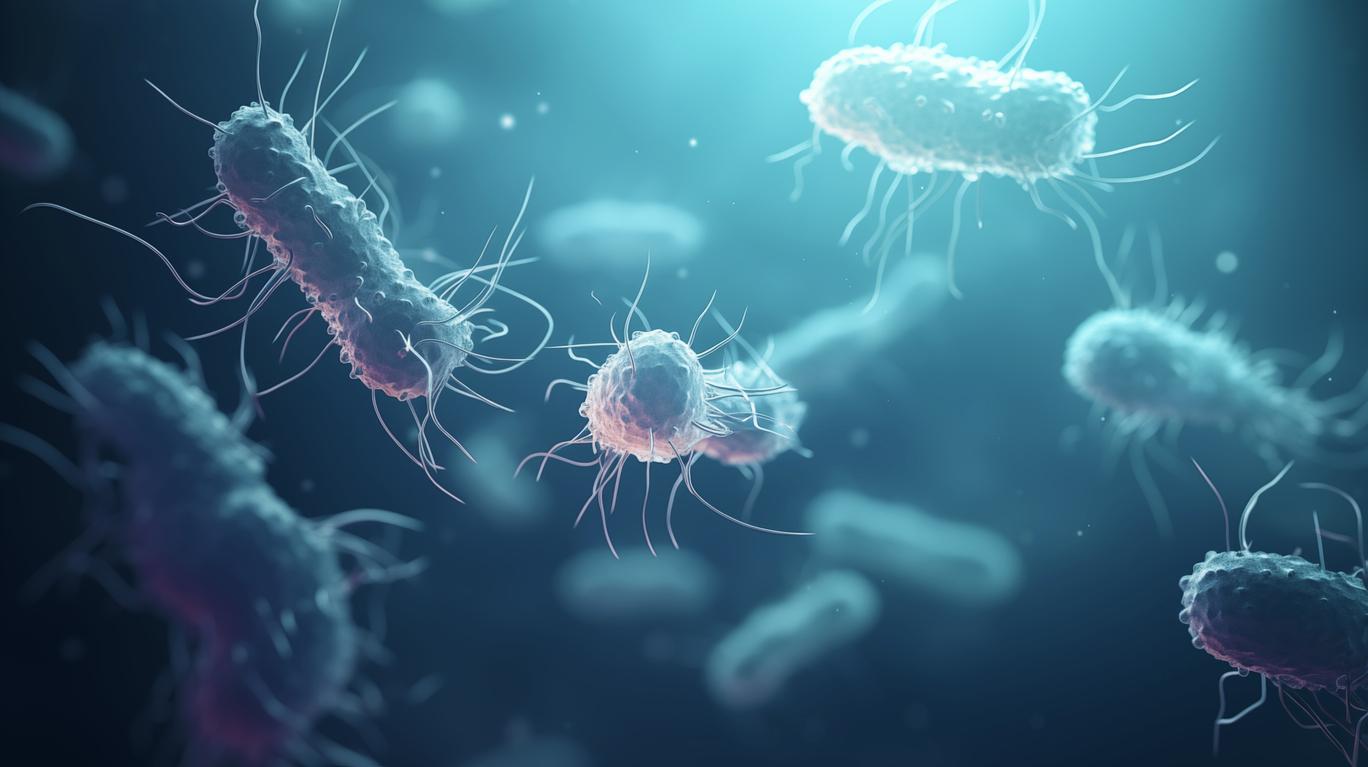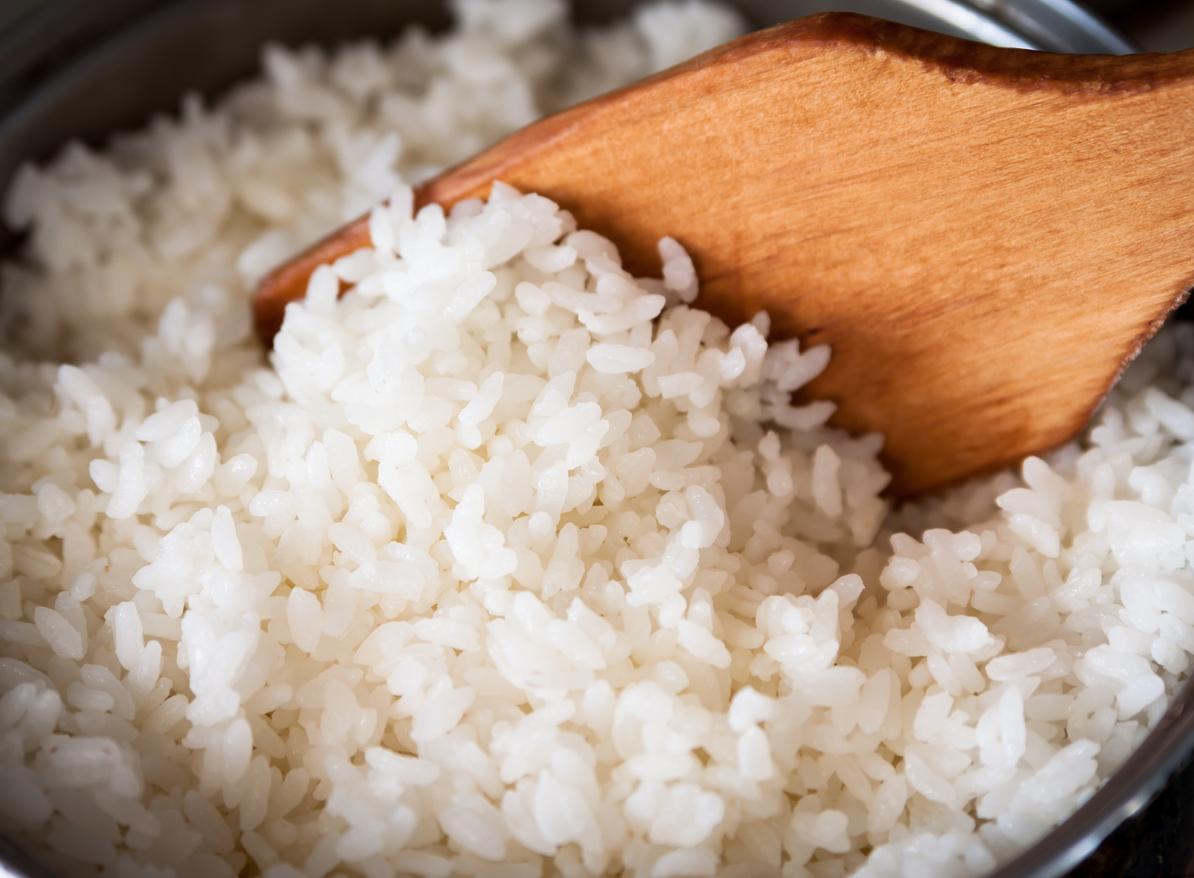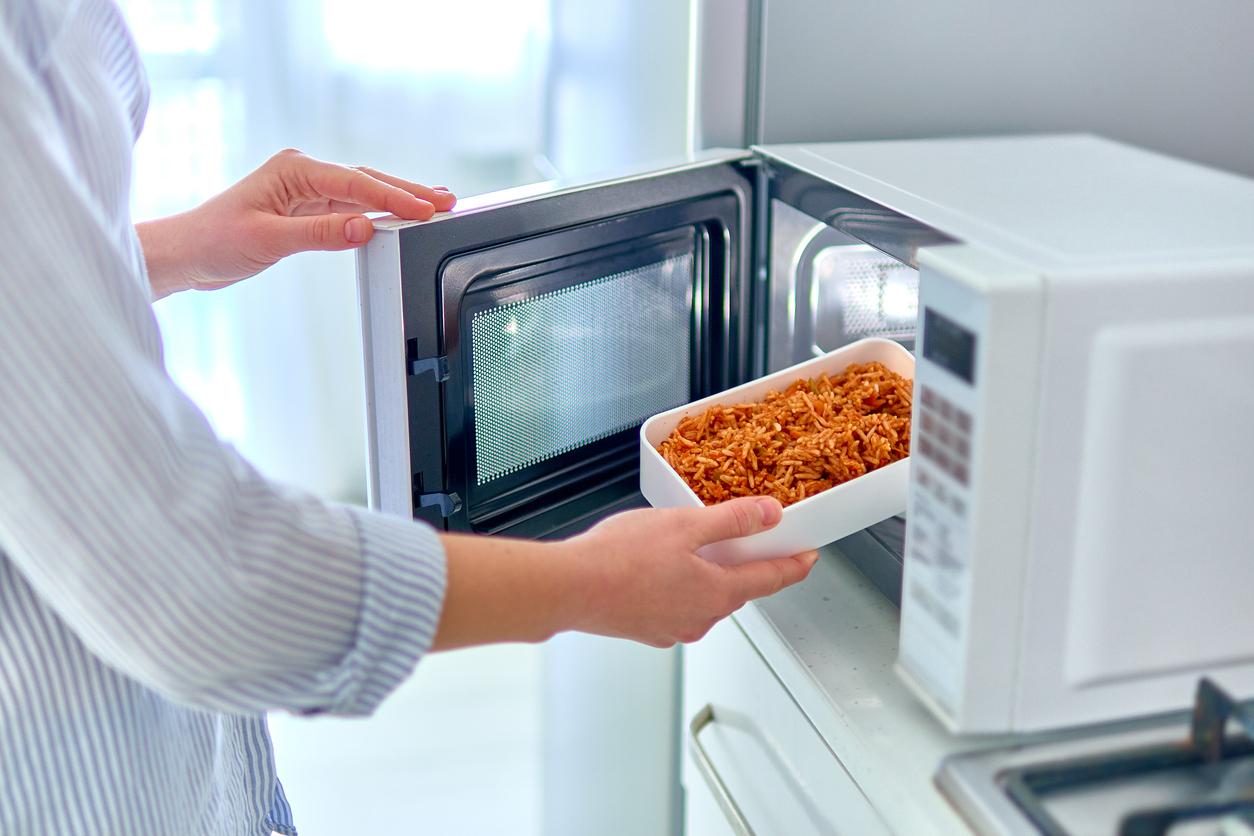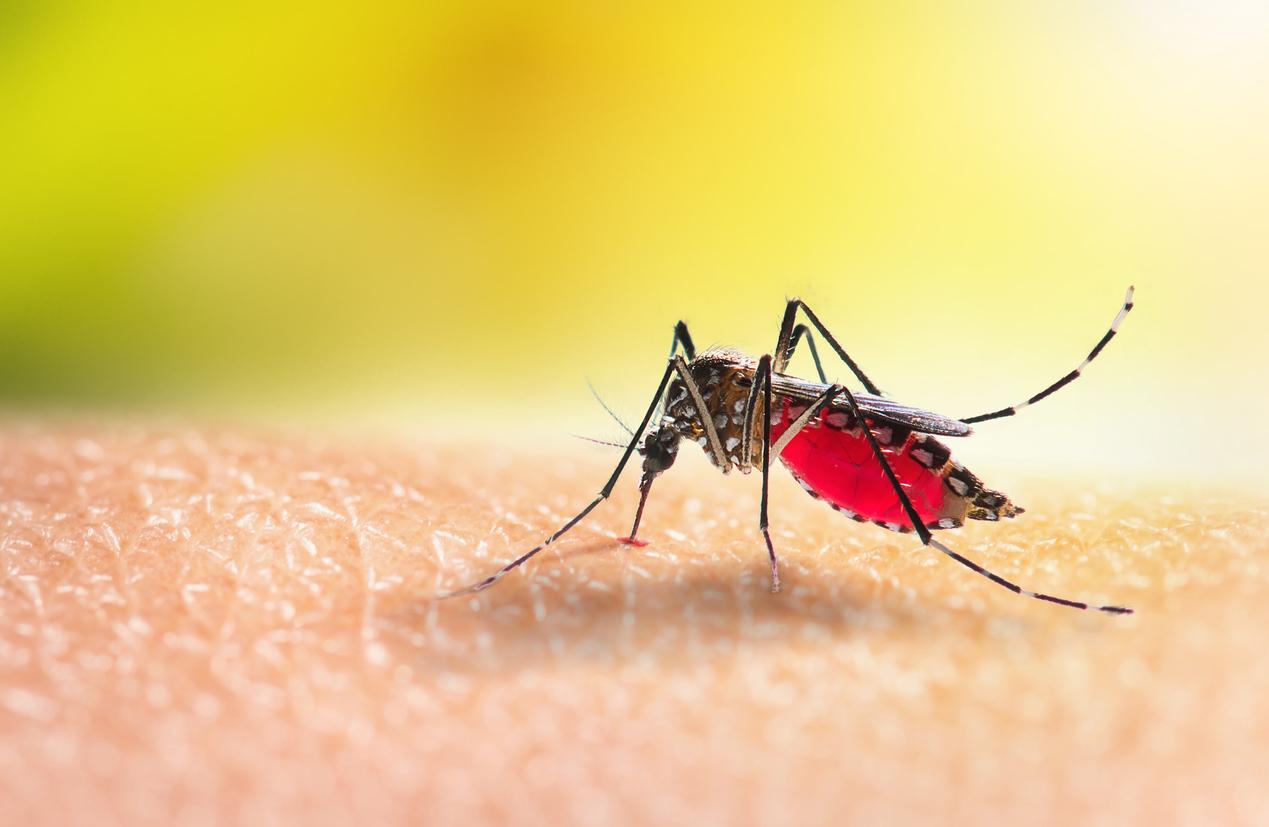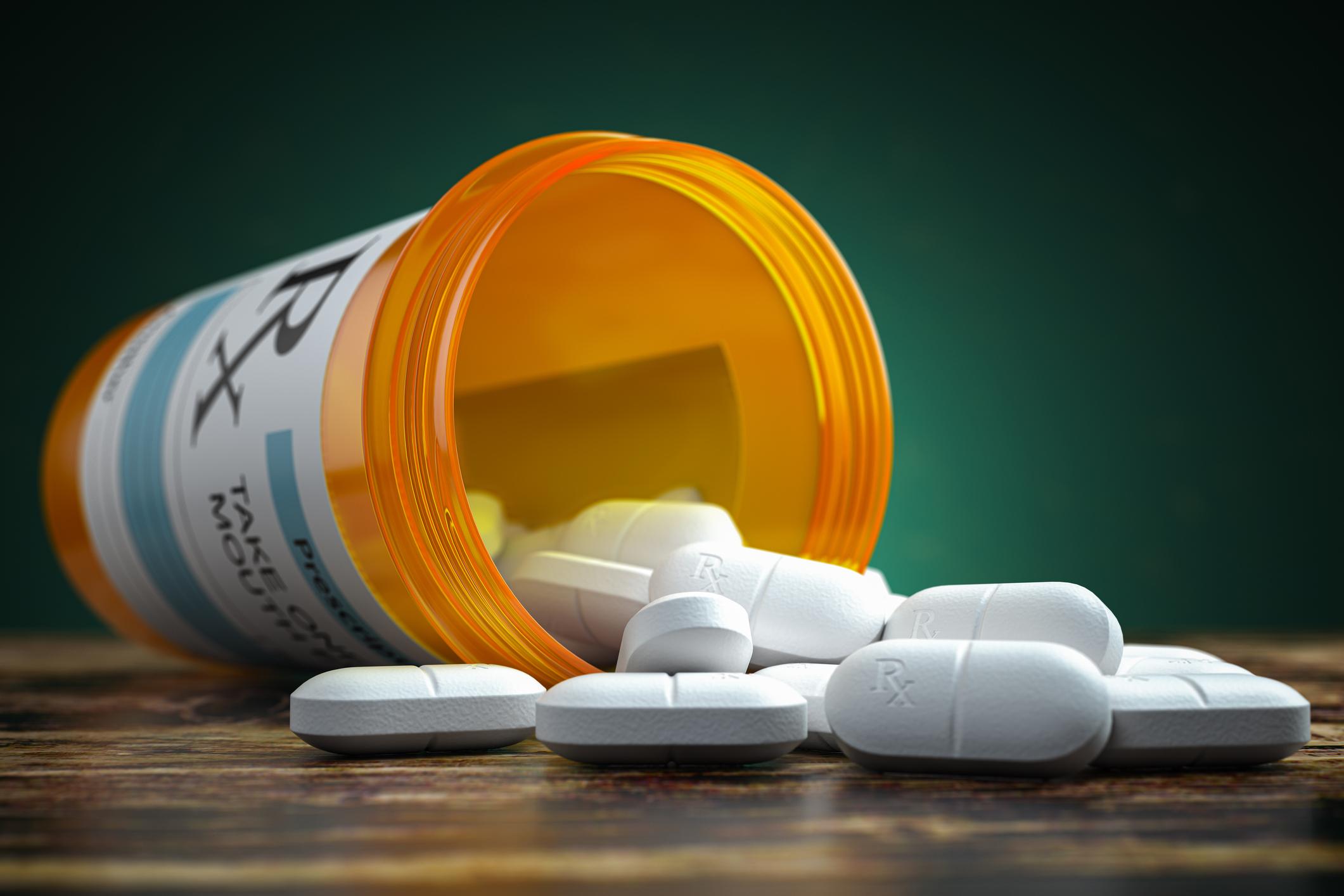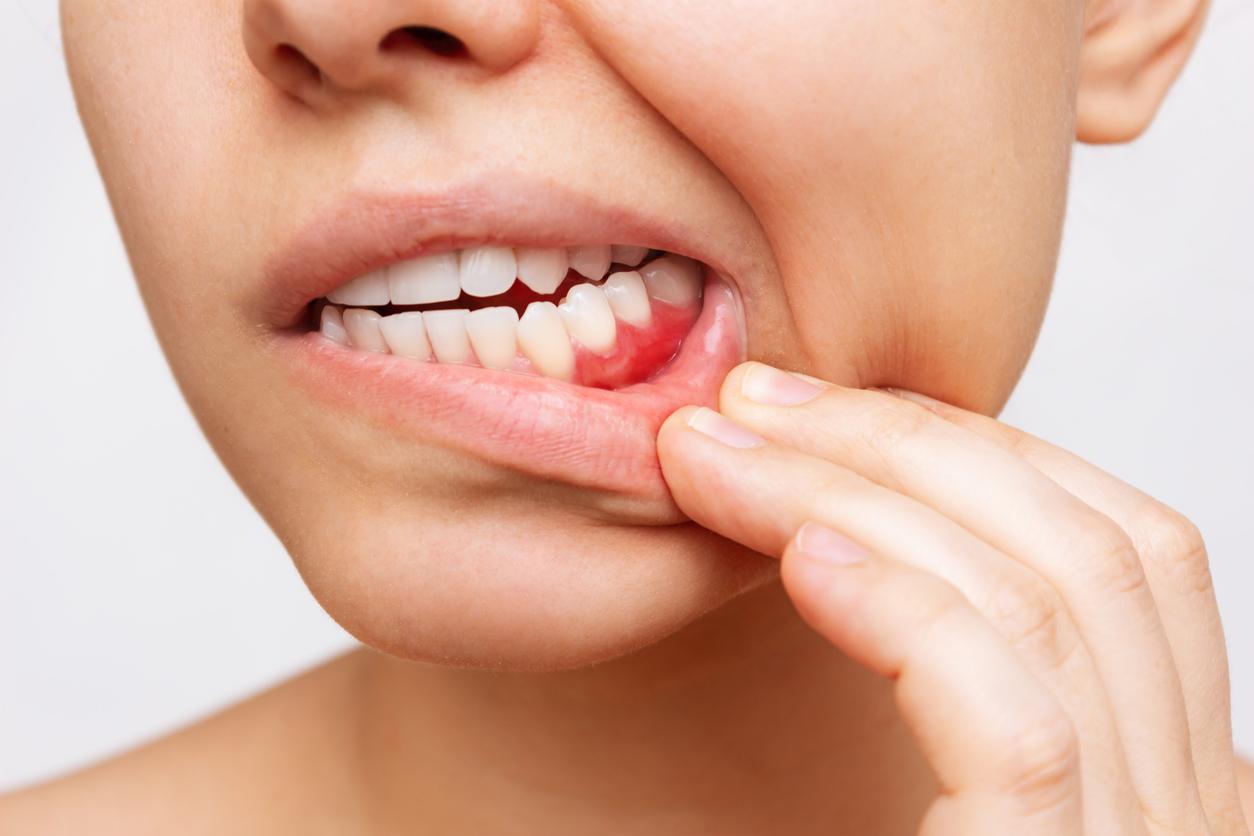Poisoning with E. coli bacteria manifests as diarrhea often accompanied by blood, abdominal pain and sometimes vomiting. These symptoms can progress, after about a week, to a severe form of the infection (HUS) in about 10% of children.
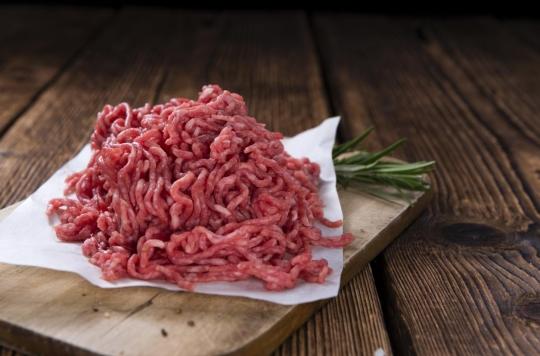
- The E. coli responsible for HUS are present in the intestines of many ruminant animals (cows, calves, goats, sheep, deer, etc.) and are eliminated through the excrement which can then contaminate the environment and food.
- These bacteria tolerate cold well but are destroyed by cooking.
The French public health agency announced today: a second child has died in the context of the resurgence of cases of serious contamination with E. coli bacteria reported since the beginning of February.
26 cases of hemolytic uremic syndrome
“As of March 11, 2022, 26 cases of hemolytic uremic syndrome (HUS) or serious infection related to E. coli bacteria with similar characteristics have been identified”, say public health experts. These cases occurred in 9 regions: New Aquitaine (6 cases), Hauts-de-France (5 cases), Ile-de-France (4 cases), Pays de la Loire (4 cases), Brittany (3 cases), Bourgogne-Franche-Comté (1 case), Grand Est (1 case), Provence-Alpes-Côte-D’azur (1 case) and Auvergne-Rhône-Alpes (1 case). The sick children, aged 1 to 15, showed symptoms between January 18 and February 23. “Two of them died, and in addition, 22 additional cases are under investigation”, reveals the health agency.
Public Health France is continuing its research on all the cases of pediatric HUS reported since January 1, 2022 on our territory in order to identify a possible source of common contamination and to put in place the appropriate measures. At this stage, the investigation has not made it possible to incriminate a particular source of contamination. Also, the health authorities are renewing the general recommendations for the prevention of food risks, in particular for children under 16 years of age.
How to avoid the hemolytic uremic syndrome?
The transmission of the bacterium can be avoided by simple gestures, in particular in children under 16 and the elderly:
– hand washing must be systematic before meal preparation;
– meats, especially ground ones, must be well cooked through (and not pink);
– raw milk, cheeses made from raw milk and dairy products made from raw milk should not be consumed by children under 5 years of age; prefer cooked pressed cheeses (such as Emmental, Comté, Gruyère, Beaufort), processed cheese spreads and pasteurized milk cheeses;
– flour-based preparations (pizza/cookie dough/cake/pie, etc.) should not be eaten raw or undercooked;
– vegetables, salad, fruit and aromatic herbs, in particular those which are going to be eaten raw, must be carefully washed before consumption, after peeling if necessary;
– raw foods should be kept separate from cooked or ready-to-eat foods;
– cooked meals and leftover food must be quickly put in the refrigerator, sufficiently reheated and consumed quickly;
– kitchen utensils (especially when they have previously been in contact with raw food), as well as work surfaces must be carefully washed;
– children should not drink untreated water (well water, torrent, etc.) and avoid swallowing it when swimming (lake, pond, etc.);
– finally, contact of very young children (under 5 years old) with cows, calves, sheep, goats, deer, etc., and their environment must be avoided; in case of contact with these animals, hand washing must be systematic.










